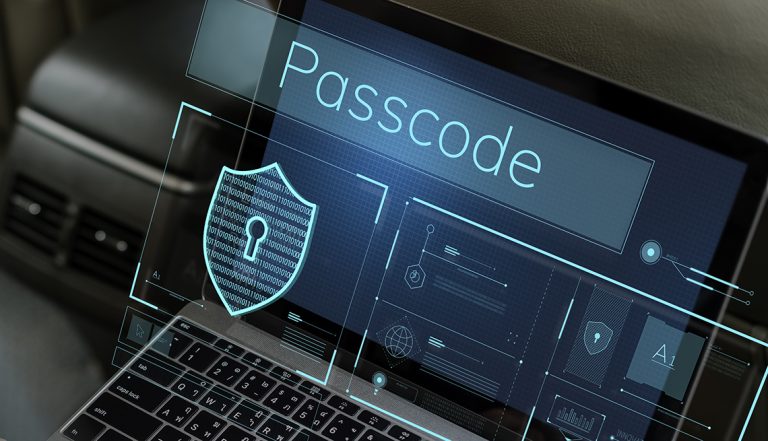
Getting your personal information stolen from you is heartbreaking and alarming. It can expose you to the world, without you even knowing. The internet has always been a medium for online scams and other illegitimate businesses. So, what does a user, like you, needs to do is to protect whatever information you have. Here are some tips to keep you and your computer, secure.
1. Backup your files
To make sure that important files in your computer is not at risk for viruses, back up your files and save them on to a Universal Serial Bus (USB). This ensures the safety of your files.
But, a USB can also become infected with a virus. So, it is also suggested that you save your files in multiple USB devices too.
2. Install a firewall
Firewalls are important in preventing hackers, viruses, and worms that would try to destroy your computer. It can also prevent hackers from stealing valuable information such as tax records, credit card information, passwords, reference numbers, private files, and more important content stored on your computer.
The downside of installing a firewall alone is that it can’t protect your computer 100%. So, additional internet security software is needed for added online security.
3. Don’t publicize your personal information
Going public with personal information as detailed as your full name, e-mail address, home address, phone number, and birthday gives hackers an idea to show you what they can do to you and the information you provide.
They can even track where you live just by providing your name or receive unwanted phone calls. All these from the people you don’t know. So, do you want a life full of anonymous phone calls and stalkers?
4. Don’t open suspicious email attachments
Unless you are expecting an e-mail from a friend, don’t open a suspicious-looking e-mail attachment. This is how a virus spreads from an infected computer, it lends itself to all the contacts on that computer.
It may seem reliable at first, but beware of what it can do once it’s opened. So, open e-mails that are from reliable sources only.
5. Update your anti-virus software
Updating your anti-virus software is very important to keep up with new viruses that are created every day. The anti-virus software should expand and adapt to these nuisances.
So, regularly update your software so it can download new virus definitions. Failure to do this may put your computer at risk always.
6. Keep your passwords to yourself
Passwords are not meant to give out or share with anyone. They are codes meant to secure your emails and other important computer stuff. It is also important to make use of a password that is complex and long, so it would not be easy for hackers to know.
Having a password for every site is also highly recommended. Changing your passwords every now and then is also important and required for everyone.
7. Remember that Nothing Comes For Free
Don’t be a victim of false advertisements, like having free ringtones or a free phone. In this day and age, nothing seems to come for free anymore. Chances are that when you receive something for free, you are giving them something that is even more valuable like your credit card number.
So, don’t be mad when you receive a skyrocketing amount in your credit card statements.
8. Beware of links attached to emails
Links usually come with e-mails and they are not as safe as you think. It can actually steal your personal information and give hackers access to the contents of your computer.
So, don’t just click on the link as soon as you see one, even if it came from a legitimate business. It is still best to make sure and contact directly, the one who sent you the link.
9. Use Google Chrome
Google Chrome is a safe browser and has proved to be one back in 2009, when Internet Explorer, Safari, and Firefox were hacked, except Chrome. It has the second-highest malware detection rate.
It also protects the personal information that you share online. Chrome is simply fast, simple, and secure.
10. Antivirus software
Computer viruses can make computers slow down or unusable. That is why anti-virus software is important to keep these problems from happening.
Viruses can also monitor online activities while using your computer, like the sites you visit. They can also record passwords and copy credit card numbers.
Nothing and no one is safe from viruses, hackers, serial killers, and those people that just want to rip you off. That is why, when using the internet, you have to play safe than be sorry later. Follow all these tips and you will be fine.